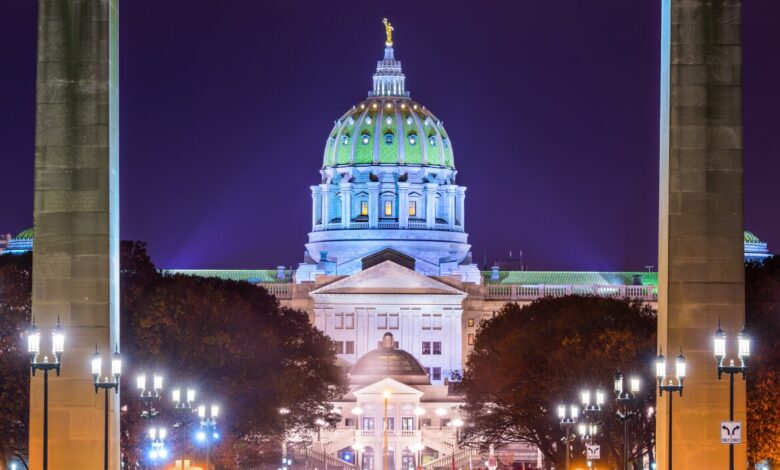Pennsylvania Senate Moves to Update Laws on Explicit Images

(TNS) — The Pennsylvania Senate is moving a set of bills to update state law on explicit images of children, including a measure to combat depictions generated by artificial intelligence.
The Senate Judiciary Committee on Tuesday voted unanimously in favor of three bills. Two of these replace the term “child pornography” in existing state statutes with the more current and applicable term “child sexual abuse material.”
The change “aligns the commonwealth’s statutes with federal law and regulations” and was recommended by the state’s task force on combatting child pornography, said Sen. Maria Collett, D-Montgomery County.
A third bill would add the term “artificially generated sexual depiction” to the state’s criminal code regarding the creation and dissemination of explicit images, including statutes banning child pornography and “revenge porn” of intimate partners.
The bill would define such a depiction as one that is generated by artificial intelligence, and that “appears to authentically depict an individual in a state of nudity or engaged in sexual conduct that did not occur in reality.”
This would assist prosecutors who, lawmakers said, have struggled to press charges based on images that are not technically of a victim but rather an AI-powered computer’s rendition thereof.
Such AI-generated material is “a new frontier of criminal activity, one that current statutes struggle to address,” said Sen. Tracy Pennycuick, R-Montgomery County.
Prosecutors “repeatedly express frustration over the lack of specific statutory provisions that would enable them to effectively prosecute offenders who create and disseminate these artificial depictions,” Pennycuick said.
Legislators in other states and at the federal level are currently working through the same issue. Last fall, all 50 state attorneys general issued a joint open letter to Congressional leaders calling for the expansion of federal laws to encompass AI-generated depictions of children.
A report late last year from Stanford University’s Cyber Policy Center found what researchers said were hundreds of images of child sexual abuse included in a vast dataset used to train AI models, increasing the likelihood that AI programs will become better and better at replicating child pornography.
©2024 Advance Local Media LLC, Distributed by Tribune Content Agency, LLC.



